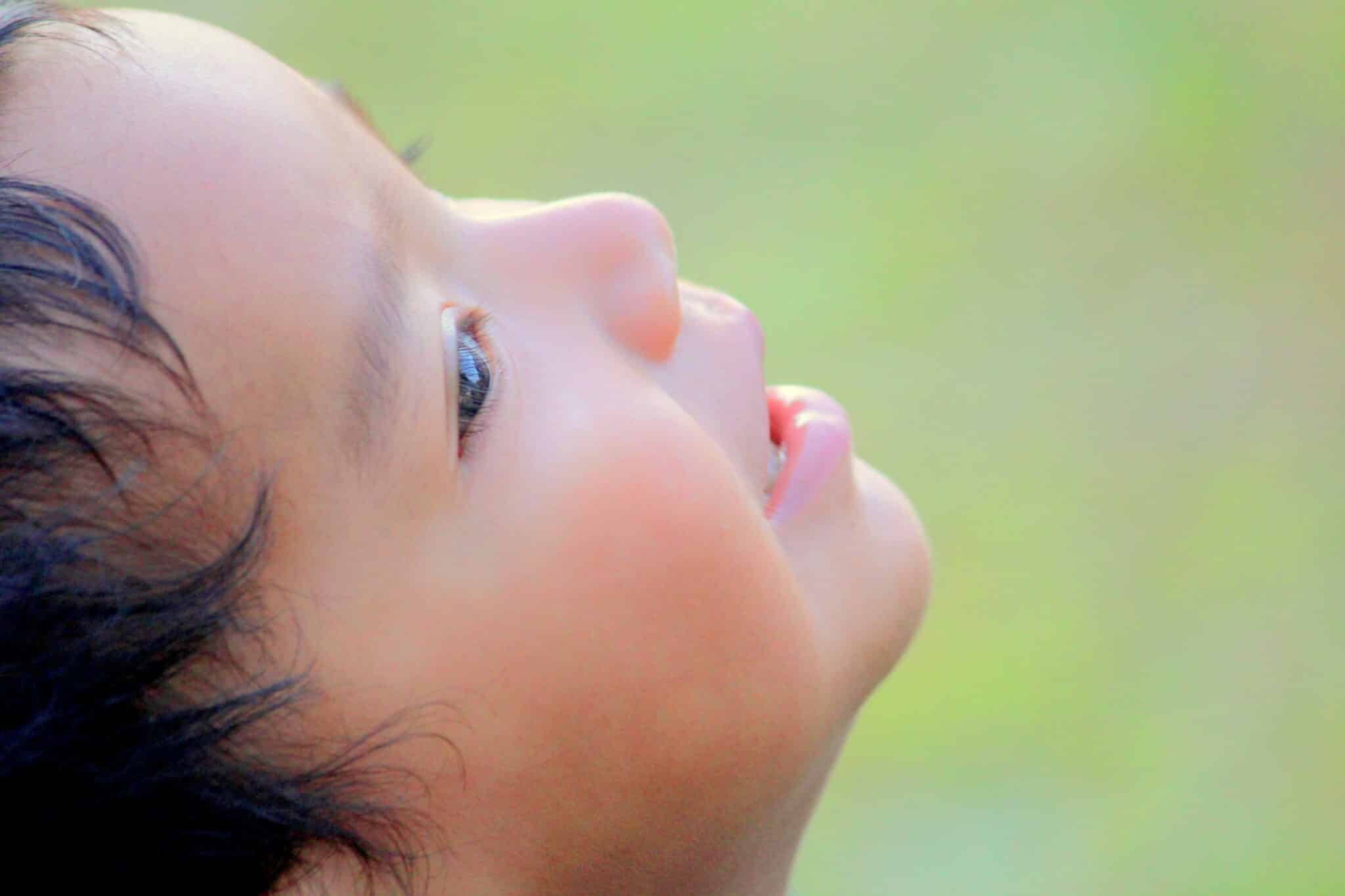Breathing is something we usually do not think twice about—until it starts causing issues. For many children, mouth breathing becomes a habit caused by nasal congestion, allergies, or even anatomical differences. Though it might seem harmless, chronic mouth breathing can lead to long-term oral health and developmental problems.
At Tebo Dental, we often spot the early signs of mouth breathing during routine checkups. Here is what parents need to know about why mouth breathing matters, how it affects your child’s teeth, and what you can do to address it early.
What Is Mouth Breathing?
Mouth breathing occurs when a child regularly breathes through their mouth instead of their nose, especially while sleeping. While it is normal to mouth breathe occasionally due to a cold or allergies, when it becomes a regular habit, it can lead to lasting impacts on your child’s oral health and overall development.
Impact of Mouth Breathing on Your Child’s Oral Health
1. Dry Mouth and Increased Risk of Cavities
When your child breathes through their mouth, saliva production decreases. Saliva is essential because it:
- Washes away bacteria and food particles
- Neutralizes acids that cause tooth decay
- Protects enamel and soft tissues from damage
Without enough saliva, the mouth becomes dry—creating an ideal environment for tooth decay, gum irritation, and bad breath.
2. Abnormal Tooth and Jaw Development
Mouth breathing can influence the growth of the jaw and facial bones, particularly in younger children. Over time, this may result in:
- Narrower dental arches
- A longer, more elongated facial structure
- Crowded or crooked teeth
- A higher chance of needing orthodontic treatment
Children who regularly breathe through their mouths may develop what is known as a “long face syndrome,” a condition characterized by a narrow facial structure, underdeveloped jaws, and lips that remain open at rest.
3. Gum Inflammation and Poor Oral Hygiene
Mouth breathing can lead to red, inflamed, or swollen gums, especially around the upper front teeth. Children who mouth breathe may also find brushing and flossing more uncomfortable, which can make it harder to maintain good oral hygiene—increasing their risk for plaque buildup and gingivitis.
4. Speech and Sleep Disruptions
The same airway obstructions that cause mouth breathing can also lead to:
- Speech delays or lisps
- Loud snoring or restless sleep
- Daytime fatigue or difficulty concentrating in school
These issues not only affect oral health, but can also influence behavior, attention, and emotional well-being.
Signs Your Child May Be Mouth Breathing
Watch for these red flags, especially during sleep:
- Lips often parted or dry/cracked
- Snoring or noisy breathing at night
- Sleeping with an open mouth
- Persistent bad breath
- Difficulty chewing or swallowing
- Enlarged tonsils or adenoids
- Dark circles under the eyes (“allergic shiners”)
If you notice any of these signs, it may be time to schedule a dental or pediatric evaluation.
What Can You Do About It?
Schedule a Dental Evaluation
At Tebo Dental, we can spot the early signs of mouth breathing and assess if it is contributing to issues like tooth misalignment, enamel erosion, or gum inflammation.
See a Pediatrician or ENT Specialist
Chronic nasal congestion, allergies, or enlarged tonsils may be at the root of the issue. An ENT can evaluate your child’s airway and recommend treatment.
Improve Oral Hygiene at Home
- Brush twice daily with fluoride toothpaste
- Floss once a day
- Rinse with water after meals to combat dry mouth
- Use a humidifier at night to keep the mouth and throat moist
Consider Orthodontic Intervention
If mouth breathing has impacted jaw or tooth development, early orthodontic treatment may help guide proper growth and improve breathing patterns.
Tebo Dental Is Here to Support Your Child’s Smile
Mouth breathing might not seem like a dental issue at first—but over time, it can affect far more than just your child’s teeth. From dry mouth and increased cavities to changes in jaw development and even speech challenges, the effects are real—and they are manageable with early care.
If you think your child may be a mouth breather, do not wait. Our friendly and caring team at Tebo Dental is here to assess their oral health and create a personalized plan to support a healthy smile and overall well-being.
Schedule a pediatric dental exam today at Tebo Dental! We are here to help your child smile brighter, breathe easier, and grow up healthy.



